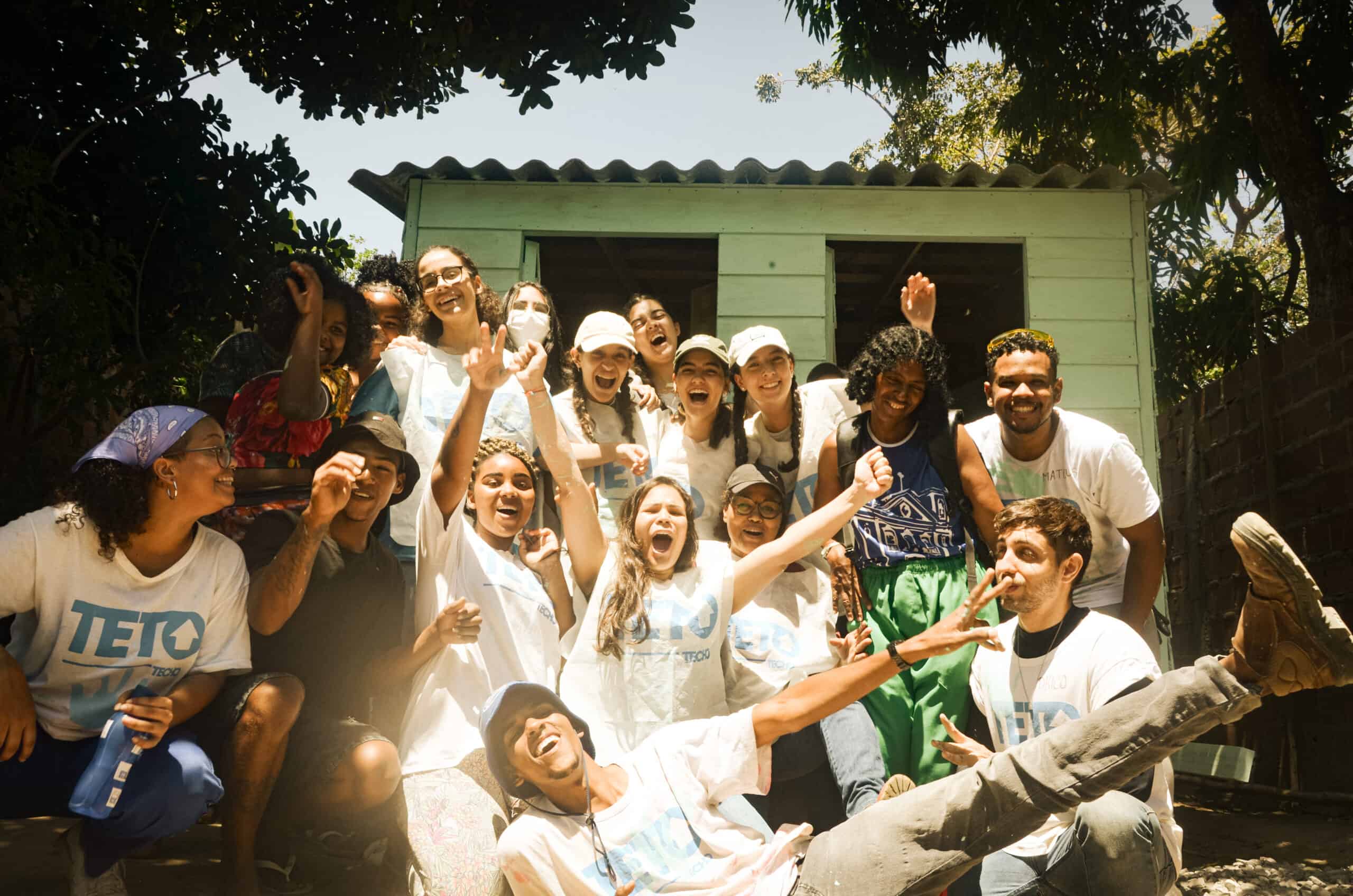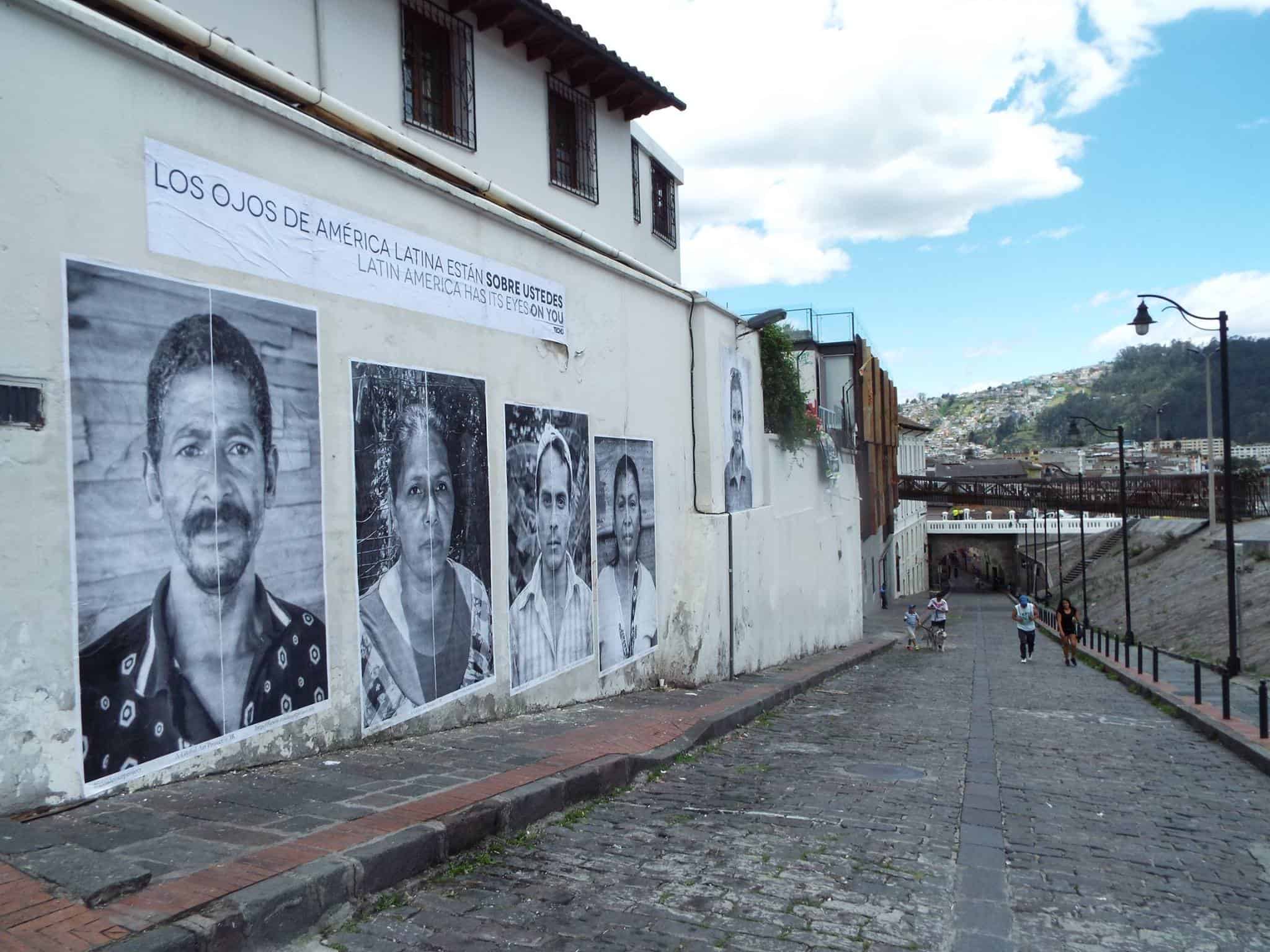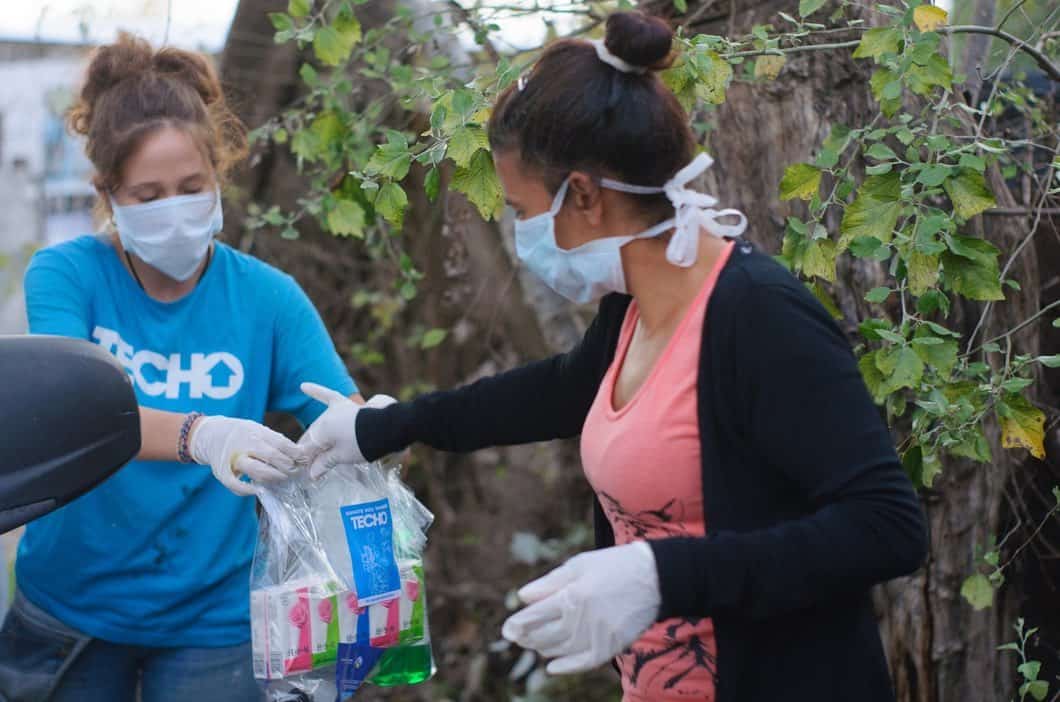Los días 2 y 3 de junio se realizó el II Seminario internacional: «»El establecimiento y la renovación de pactos sociales para una protección social más inclusiva: experiencias, retos y horizontes en América Latina«», en Cepal – Chile. El objetivo del evento fue profundizar la discusión para construir sistemas de protección social más inclusivos y con enfoque de derecho, para propiciar la universalidad de la protección social en sus distintos ámbitos.
En este seminario no sólo se reflexionó entorno a la experiencia latinoamericana, sino que también hubo participantes europeos para evidenciar el Estado de Bienestar y la crisis, y también el sistema chino.
Rodrigo Martínez de la División de Desarrollo Social de Cepal – Chile, comenta que tienen un proyecto llamado “Pactos para una protección social más inclusiva en América Latina”, que persigue propiciar acuerdos entre países para implementar pactos que sean inclusivos tanto para los participantes en las conversaciones, como en las medidas de protección social.
Por otro lado, Rodrigo considera que si bien la población que vive en asentamientos es prioritaria, también se debe tomar como un proceso más extendido que considere a aquellos que pudieron superar la pobreza. Lo anterior debido a que estos, frente a cualquier evento -inundación, desastres naturales, incendios- quedan nuevamente desprotegidos.
Además, el experto señala que estas medidas deben ser universales, pues la protección social es un asunto de toda la sociedad y no sólo de los más vulnerables. “Los movimientos sociales reflejan que no son problemas individuales, en la medida que se requiera que el Estado cumpla medidas o que ellos impongan demandas sobre la mesa como una sociedad organizada”.
Según Rodrigo, la región se ha mostrado receptiva frente a la noción de protección social, hecho que no se podría afirmar hace unos quince años atrás. “Hasta ahora hay más desafíos que logros, pero no hay que olvidar que ha habido un avance en la toma de conciencia y preocupación por parte de los distintos Estados. Se ha comenzado a tramitar diversas leyes para concretar la protección social universal”.
Cepal ha observado avances concretos que existen hoy día en esta materia: la ley de desarrollo y protección social en El Salvador; la ley de cuido infantil en Costa Rica; el sistema de cuidados que se está desarrollando en Uruguay. También en Ecuador hay una importante discusión sobre las estrategias para expandir una ley de protección social universal.
Si quieres conocer más sobre el Seminario, en la página de División de Desarrollo Social de la Cepal se encuentra el programa con las presentaciones de los temas tratados y próximamente contará con los audios de los expositores. Mira el link aquí.
On June 2 and 3, the 2nd International Seminar: «»The Establishment and Renewal of Social Compacts for More Inclusive Social Protection: Experiences, Challenges and Outlooks in Latin America” was held in ECLAC – Chile. The aim of the event was to delve into the discussion to build more inclusive social protection systems and with a focus on rights to favor the social protection universality in its different areas.
In this seminar, not only was there a reflection regarding the Latin American experience, but it also included European participants to give proof of the Welfare State and the crisis, and the Chinese system.
Rodrigo Martínez from the Social Development Division of ECLAC – Chile says that they have a project called «»Covenants for more inclusive social protection in Latin America»», which aims at promoting agreements among countries to implement covenants that are inclusive of the participants in the discussions as well as the participants in the social protection measures.
On the other hand, Rodrigo considers that although the people who live in slums should have priority, there must also be a more extensive project encompassing those who managed to overcome poverty. The above is because they become unprotected again when there is any event (flooding, natural disasters, fires).
In addition, the expert highlights that these measures must be universal as social protection is an affair of the whole society and not of the more vulnerable ones. «»Social movements reflect that they are not individual problems inasmuch as it is required for the State to comply with measures or for them put their demands on the table as an organized society.»»
According to Rodrigo, the region has been open towards the idea of social protection, a fact that could not be stated fifteen years ago. «»So far, there have been more challenges than achievements but we must not forget that there’s been advancement of social awareness and worry on the part of different states«». Various laws to guarantee universal social protection have started to be processed.
ECLAC has observed concrete advancement that exist nowadays on this subject: the development and social protection law in El Salvador, the child protection law in Costa Rica, the care system being developed in Uruguay. There is also a significant discussion in Ecuador on the strategies to expand a universal social protection law.
If you would like to learn more about the Seminar, you can find the programs with the presentations of the topics discussed here on the website of ECLAC’s Social Development Division and coming soon the speakers’ audios will be available. Click here




